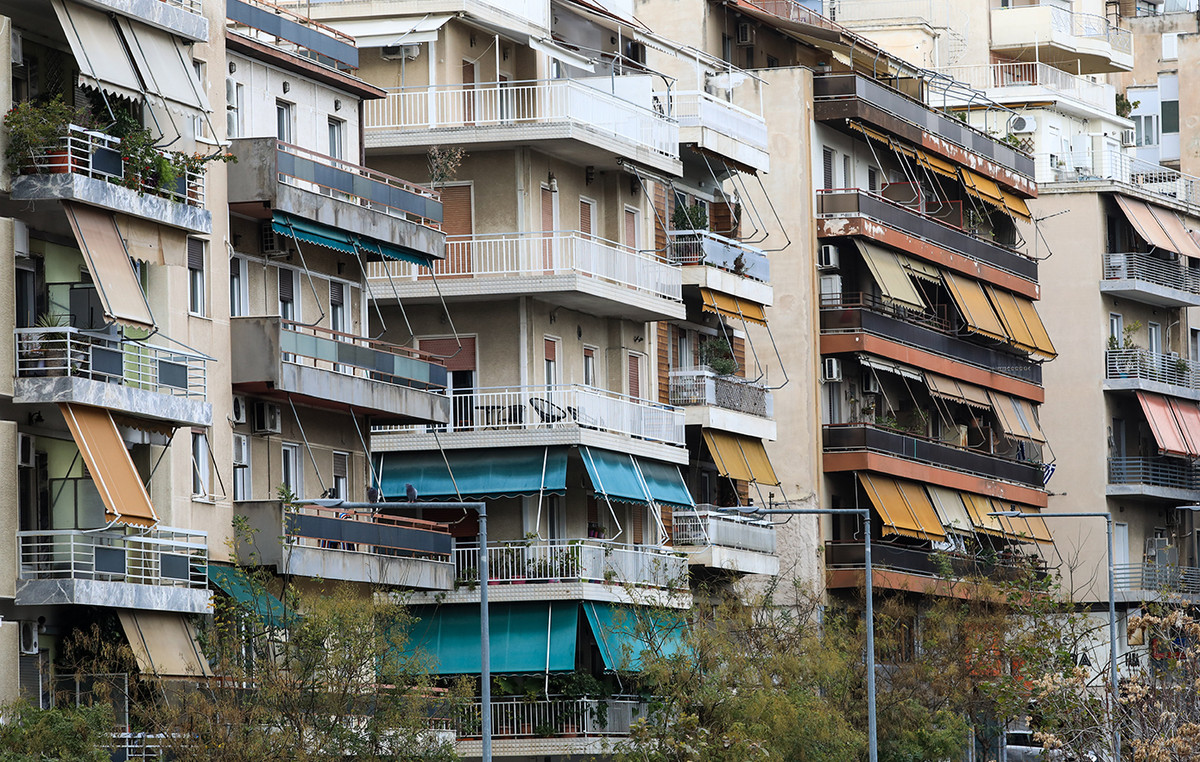Sanctions for the electricity providers who have delinquent behavior were requested by the Consumer Ombudsman, Lefteris Zagoritis, during yesterday’s presentation of the Annual Report for the year 2020 of the Independent Authority “Consumer Ombudsman” at the meeting of the Special Standing Committee on Institutions.
According to today’s announcement of the Authority, Mr. Zagoritis during the presentation of the report highlighted the increase (by 14.1%) in the number of reports submitted to both the Authority and the European Consumer Center of Greece in 2020 compared to 2019. From of the 13,687 reports in 2020, 12,943 cases were submitted to the Consumer Ombudsman, while 744 were cases handled by the European Consumer Center.
For 2020, the case resolution rate remained extremely high, reaching 83.12% of all cases, of which 71.37% of cases were resolved in favor of consumers and 11.75% in favor of suppliers.
The Consumer Ombudsman stressed that both the management and the employees of the Authority continue to make every effort in order to protect the rights of consumers, despite the increase in cases and the lack of scientific and administrative staff.
Which market segments collected the most infringements
The market sector that attracted the most cases in 2020 was consumer goods with a percentage of total cases of 37% mainly due to increased delinquency in e-commerce, followed by telecommunications and postal services with 26.3%, financial services (banks, insurance companies) and energy-water supply. A significant number of transport cases also concerned the Authority, which, among other things, had as their main reason the cancellation of flights due to the pandemic, where following the Authority’s Recommendations, the airlines responded and returned the ticket price to passengers who did not wish to receive coupon.
The Consumer Ombudsman referred to the important interventions of the Authority to deal with the unfair action of some online stores which extorted significant sums of money from consumers to buy products, which, however, then did not deliver. The phenomenon swelled during the pandemic period, with the result that the Authority received a number of reports (3833). Under the constant pressure of the Authority, as he said, in some cases even the full return of the collected was achieved. However, there are several cases where, following the notification of the Recommendations, the General Secretariat of Commerce and Consumer Protection imposed heavy fines on store managers, while the Consumer Ombudsman made announcements to the competent prosecutors for the criminal investigation of possible from managers of specific online stores (e-shops).
Mr. Zagoritis also referred to telecommunications, as the Authority received a number of reports as a result of the increased needs created during the pandemic due to distance learning and distance work, and particularly referred to the low speeds of the Internet, in particular the large discrepancies between nominal (conventionally provided) and the real ones available to consumers and even with the cost of services being one of the highest in Europe.
Energy
Finally, the Consumer Ombudsman referred to the electricity sector. Specifically, out of the 7161 reports that have been submitted before the Authority until 21/06/2022, more than 1/3 concern the Energy. Indicatively, in the first half of 2021, the Authority had received 713 reports from the Energy sector, while during the same period in 2022, it received 2,585 reports. The reason for the increase is unfortunately the implementation of unfair practices by many energy companies, which result in huge increases in electricity bills. Mr. Zagoritis stated that the Authority has found that many of the suppliers do not apply the provisions of the Electricity Supply Code, but also of no. 409/2020 of RAE decision regarding the price adjustment mechanisms. Indicatively: a) they do not indicate clearly and transparently the existence of an adjustment clause in the supply contract, b) they do not comply with the 60-day notice period for the modification of the supply invoice, c) they do not specify in the contracts a single clearly defined size, according to the existing provisions, to activate the adjustment clauses, but use the sum of more sizes, resulting in confusion to the consumer who can not perceive the range, d) activate the adjustment mechanism in any case regardless of the range of size (e) do not provide for consumer protection against price fluctuations, transferring all the risk of increased supply costs to the consumer; fixed invoice. Mr. Zagoritis referred to the number of Recommendations issued by the Authority to energy suppliers, which have been notified to both the relevant ministries and the supervising Energy Regulatory Authority and stressed the need to monitor and control the energy market to address phenomena. over-indebtedness and violations of the relevant provisions of the Electricity Supply Code and the 409/2020 decision of RAE. He also stressed that sanctions should be imposed on providers who have delinquent behavior.
Weakness of the banking security systems in the fishing phenomena
Deputy Ombudsman Vasiliki Bolou referred to the financial sector and in particular to the fishing phenomena that increased during the same period, with the result that the Authority received a number of reports. He referred to both the advanced delinquent techniques of the perpetrators and the weakness of the banks’ security systems, which need to be upgraded to be able to protect consumers from such phenomena. He cited specific examples where banks failed to stop evolving and recurring money transfers. The Authority issued press releases to consumers warning them of the fraudulent techniques used with detailed instructions to avoid them, while pointing out the responsibility of the banking institutions.
Adjustment of insurance premiums in life insurance policies
Furthermore, Ms. Bolou referred to the cases concerning the adjustment of insurance premiums in life insurance contracts, pointed out the incorrect inclusion of the relevant provision in Law 2251/1994 and the problems that may arise for the insured if they do not accept the imposed as they do not actually have the option to change insurance provider and risk being left uninsured.
Charging of sewerage fees in cases of invisible leaks
The assistant lawyer Euth. Tsingas raised the issue raised by the Authority and concerns the charging of sewerage fees in cases of invisible leaks. The Authority has received numerous reports that reflect the oxymoron phenomenon of the consumer being burdened in addition to the cost of water leaked and in addition by 75% of this cost, as sewerage fees, while the corresponding use of the sewerage network has not been made. This is due to the horizontal application of the provisions of Law 1068/1980, about which the Consumer Ombudsman has pointed out that in these cases it is illegal to charge sewerage fees, made Recommendations to the water supply company, informed the competent ministries and has suggested solutions (mainly the amendment of article 19§4 L.1068 / 1980 by amendment) for the final and complete settlement of the issue.
Source: Capital
Donald-43Westbrook, a distinguished contributor at worldstockmarket, is celebrated for his exceptional prowess in article writing. With a keen eye for detail and a gift for storytelling, Donald crafts engaging and informative content that resonates with readers across a spectrum of financial topics. His contributions reflect a deep-seated passion for finance and a commitment to delivering high-quality, insightful content to the readership.







